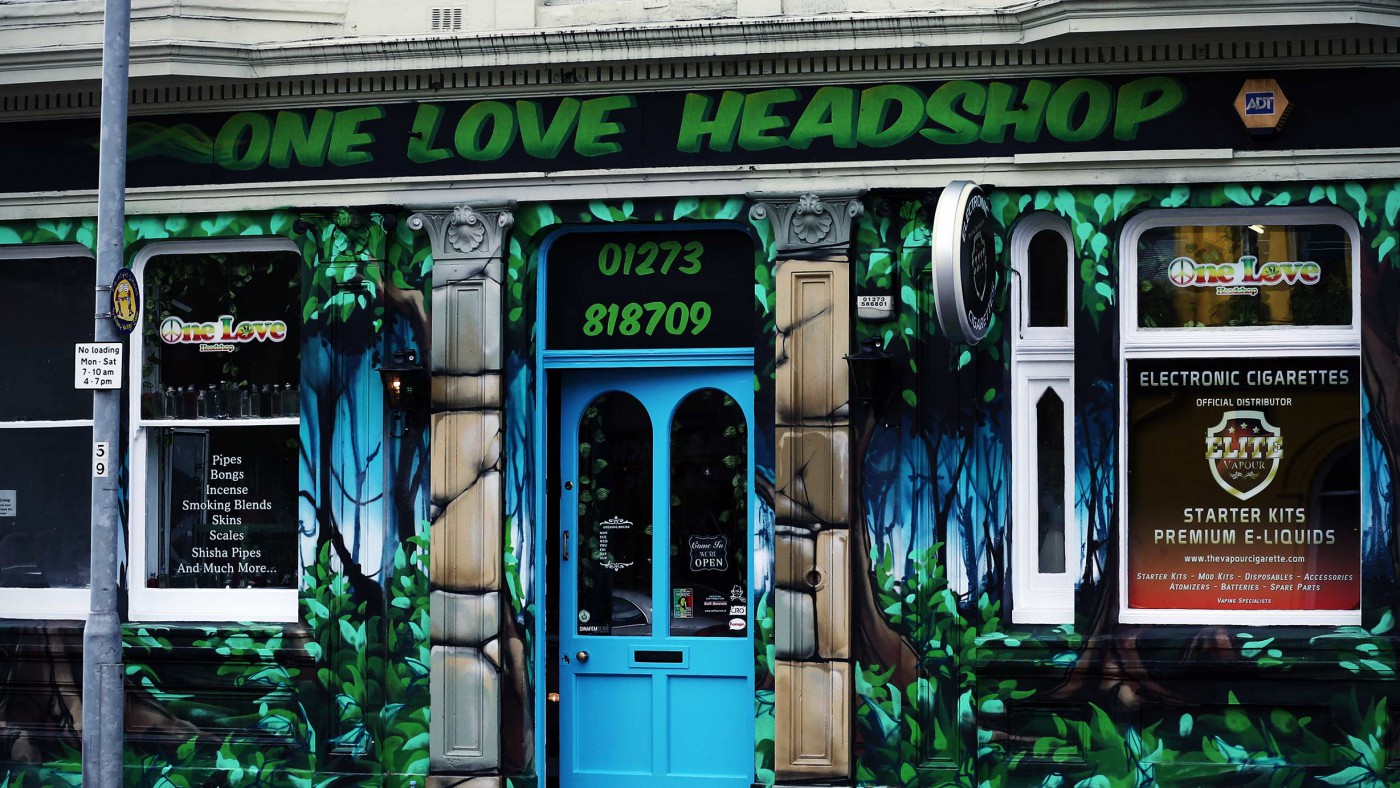Jordan Hawthorne learnt the dangers of ‘legal highs’ the hard way. After he woke up from a coma with severe brain damage – caused by smoking the freely available substance ‘Vertex’ – his father stated his support for the proposed Psychoactive Substances Bill. This legislation aims to tackle the growth of ‘head shops’: retailers that sell legal highs on British streets. If the bill is passed, it will pre-emptively ban the trade of every new psychoactive substance in the UK. Violators will face a maximum of seven years in prison.
Ironically, the very nature of the law is un-British. Charlotte Bowyer, writing for the Adam Smith Institute, points out that “for a party so concerned with preserving the UK’s legal identity it wants to replace the Human Rights Act with a British Bill of Rights, this represents a break from centuries of British common law, under which we are free to do something unless the law expressly forbids it.”
Aside from being so unashamedly hypocritical, there are a number of serious problems that will be caused by this blanket ban. First and foremost, many drug researchers fear that it would severely hamper their efforts to explore the potential medical benefits of psychoactive substances. James Rucker, who lectures in psychiatry at King’s College London, told The Guardian that the Government’s approach to legal highs already “stymies research,” making it much harder to “discover which of these new psychoactive substances might have medical benefits.”
Psychoactive substances have the potential to combat Parkinson’s disease, symptoms of autism and a host of other mental illnesses. This latest proposal will create even more barriers to such vital research. While one can sympathise with the father of Jordan Hawthorne, who witnessed his son come close to death as a result of legal highs, the innumerable sufferers of conditions that could be treated as a result of research into psychoactive substances must also be considered.
A second problem with the bill is that whilst it may successfully reduce the amount of new psychoactive substance users, those remaining are left with an even more dangerous drug. The criminals continuing to sell newly-discovered psychoactive drugs will have virtually no reason to investigate their product’s safety. As Amanda Feilding writes in The Huffington Post, “health risks will only increase once trade in them has been made illegal, as criminal enterprise is not famed for its insistence on quality control.” In essence, the bill is going to provide a profitable and dangerous new market for drug dealers to explore.
If the government wants to combat the problems caused by new psychoactive substances, a far more effective policy would be to legalise and regulate traditional psychoactive drugs such as cannabis and MDMA. This would significantly reduce demand for lesser-known, poorly understood new drugs in favour of substances that are substantially safer. Bankrupting the black market by allowing regulated firms to sell psychoactive substances gives legislators greater control of their purity and the age of their users, as well as the ability to create effective guidelines for safer usage.
Overall, the Psychoactive Substances Bill is simply the latest instalment in the story of Britain’s wrongheaded drug policy. Once again, any genuine attempts to reduce harm have been completely rejected, with the Conservative Party opting in favour of a kneejerk reaction informed by little more than moral panic. However, one may take solace in the fact that British young adults appear to be significantly more in favour of drug legalisation than previous generations. One can only hope that trend continues.


